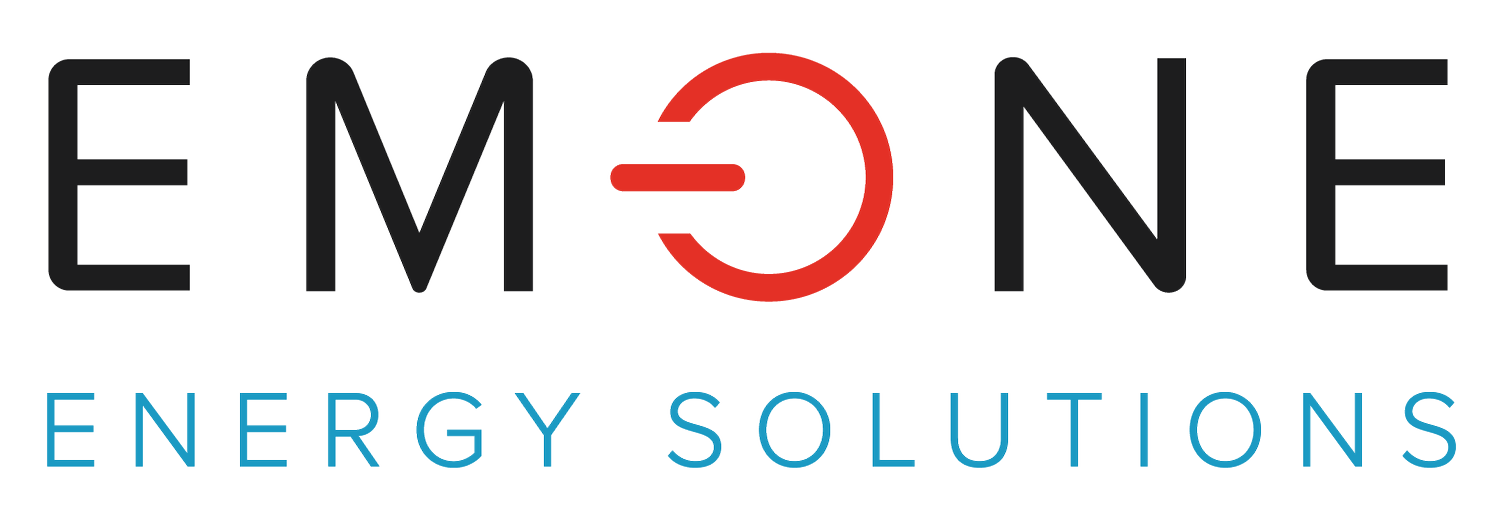EM-ONE microgrids power conflict-recovery infrastructure
EM-ONE has successfully delivered USAID and British-funded contract to deliver three solar microgrids that will power critical safety and communications infrastructure in Northeast Nigeria.
Aerial view of one of EM-ONE’s containerized solar microgrids in Northeast Nigeria
EM-ONE Energy has completed the turnkey engineering, procurement and construction of three solar microgrids that provide reliable, sustainable power to two radio and a police station in Northeast Nigeria. The project was made possible by the United States Agency for International Development (USAID) and the British Government’s Conflict Stability and Security Fund through the Nigeria Lake Chad Basin Program (NLCB) and implemented by Creative Associates International.
The solar power plants’ total PV capacity is 69.63 kWp with a total energy storage capacity of 215 kWh. They are expected to generate 101.02 MWh of electricity per year, saving the beneficiaries USD$24,163.98 in diesel spending per year and offset approximately 108.29 tonnes of CO2 emissions annually. The systems are expected to be operational in December 2020.
This initiative is part of the NLCB Program — a USAID and UK-funded program that provides assistance to the 7.9 million vulnerable people in Nigeria’s Borno, Adawama and Yobe states. The radio stations that receive these solar systems will benefit from 24/7 sustainable power that enables them to consistently broadcast important news and information regarding the region’s safety.
EM-ONE’s solar microgrid systems are designed with community recovery and resilience in mind. The solutions are designed to be plug-and-play, modular and scalable. They use tier-1 equipment components from proven technology partners — Tesla, Schneider Electric and Canadian Solar.
The firm was able to fast-track the delivery of this project by leveraging equipment that was already available in the company’s stores within Nigeria. Importing and maintaining a reserve of certain major components of solar microgrid systems has been a strategy undertaken by the firm to account for potential vulnerabilities of projects to an international supply chain. This has allowed many of the company’s ongoing projects to continue despite disruptions caused in the supply chain by the recent global pandemic.
“Improving the capabilities of essential infrastructure facilities in Borno and Adamawa States through sustainable energy sources such as solar, projects like these can continue to have a major impact on vulnerable communities in the Northeast of Nigeria,” comments Olivier Girard, Chief of Party of USAID Nigeria Lake Chad Basin Program.
“We look forward to increasing the footprint of our sustainable energy projects in the Northeast of Nigeria. EM-ONE is proud to play a part in improving communications and as a result, safety for the beneficiary communities in the region,” comments Mir Islam, CEO of EM-ONE.

